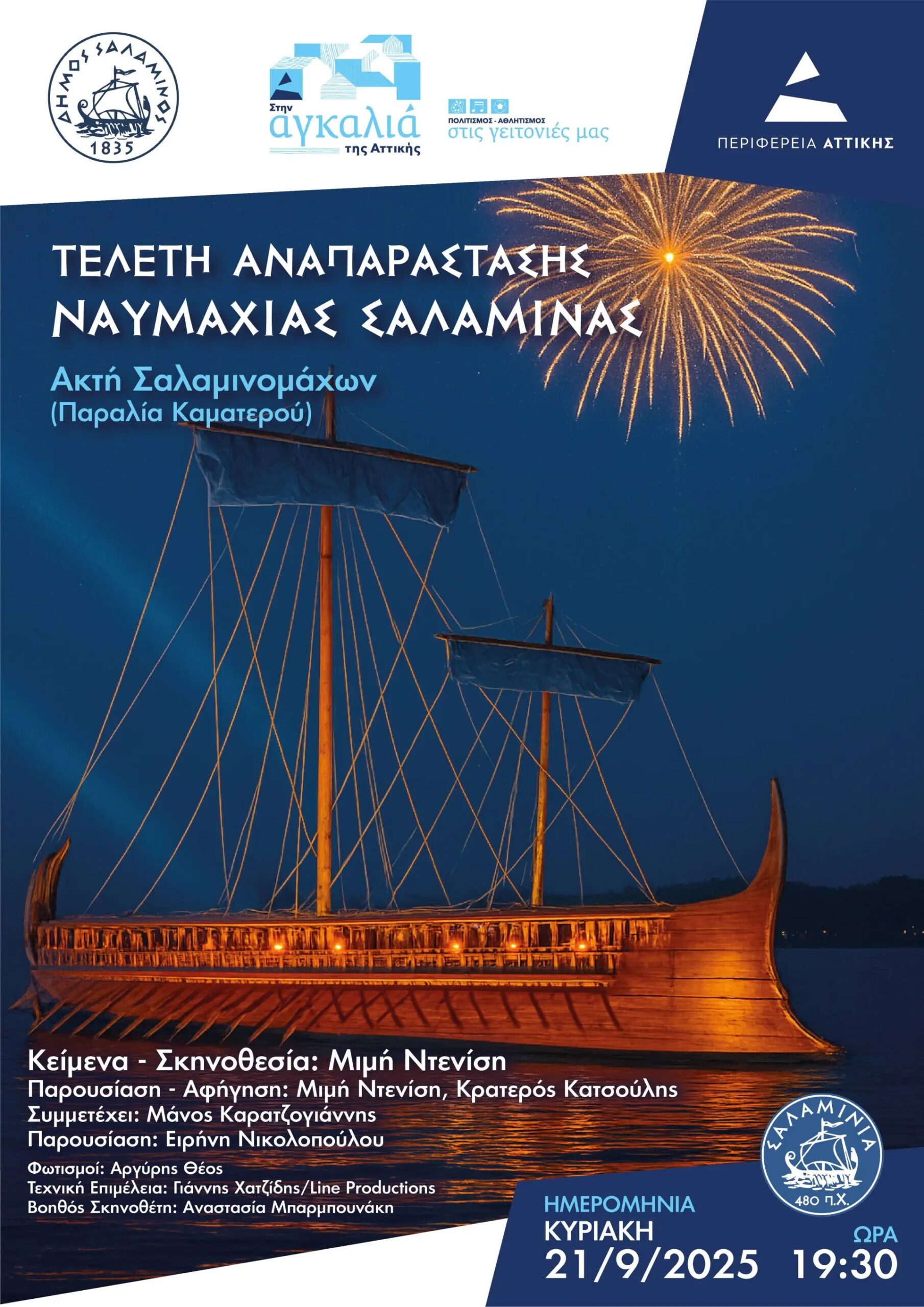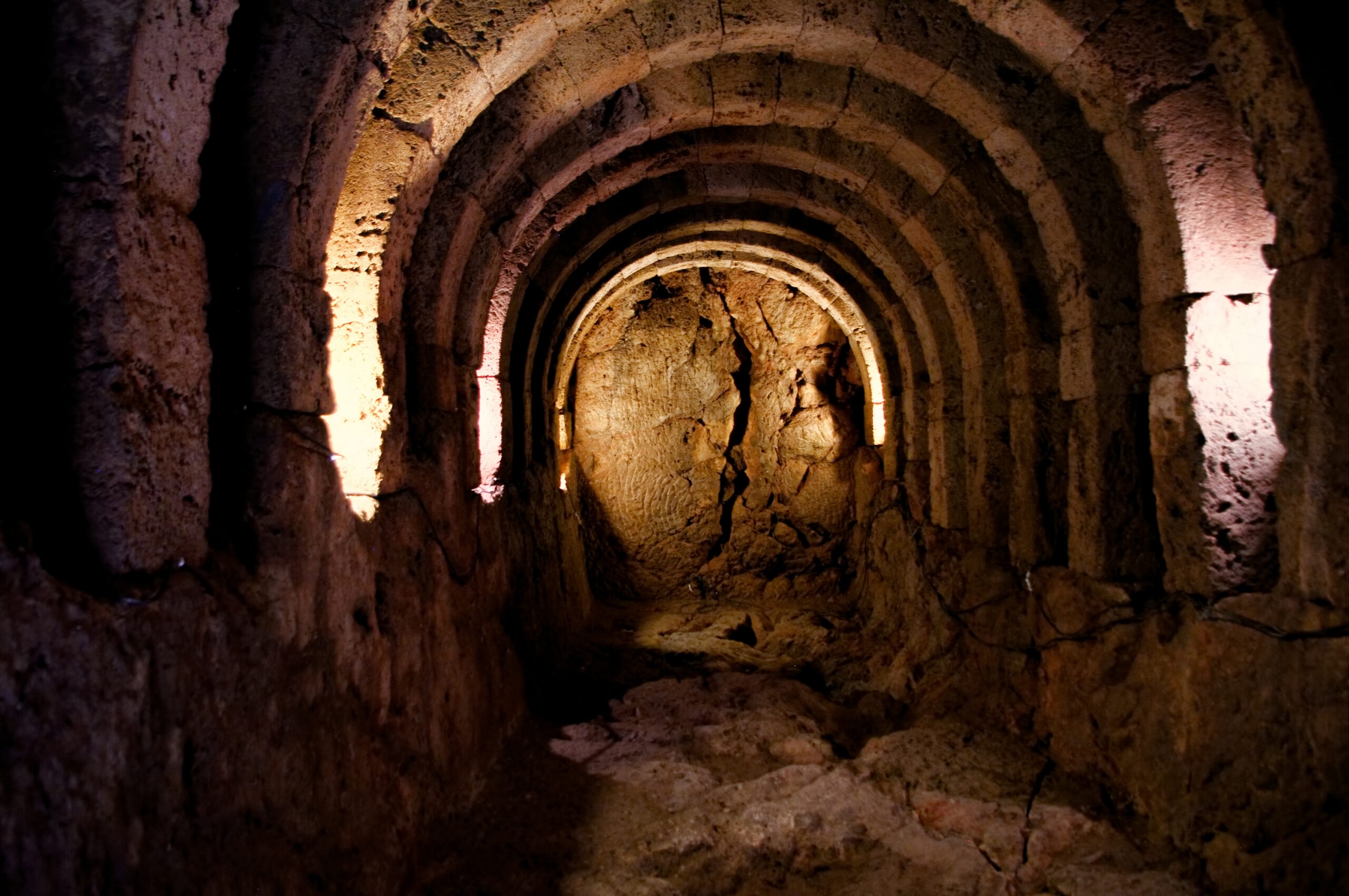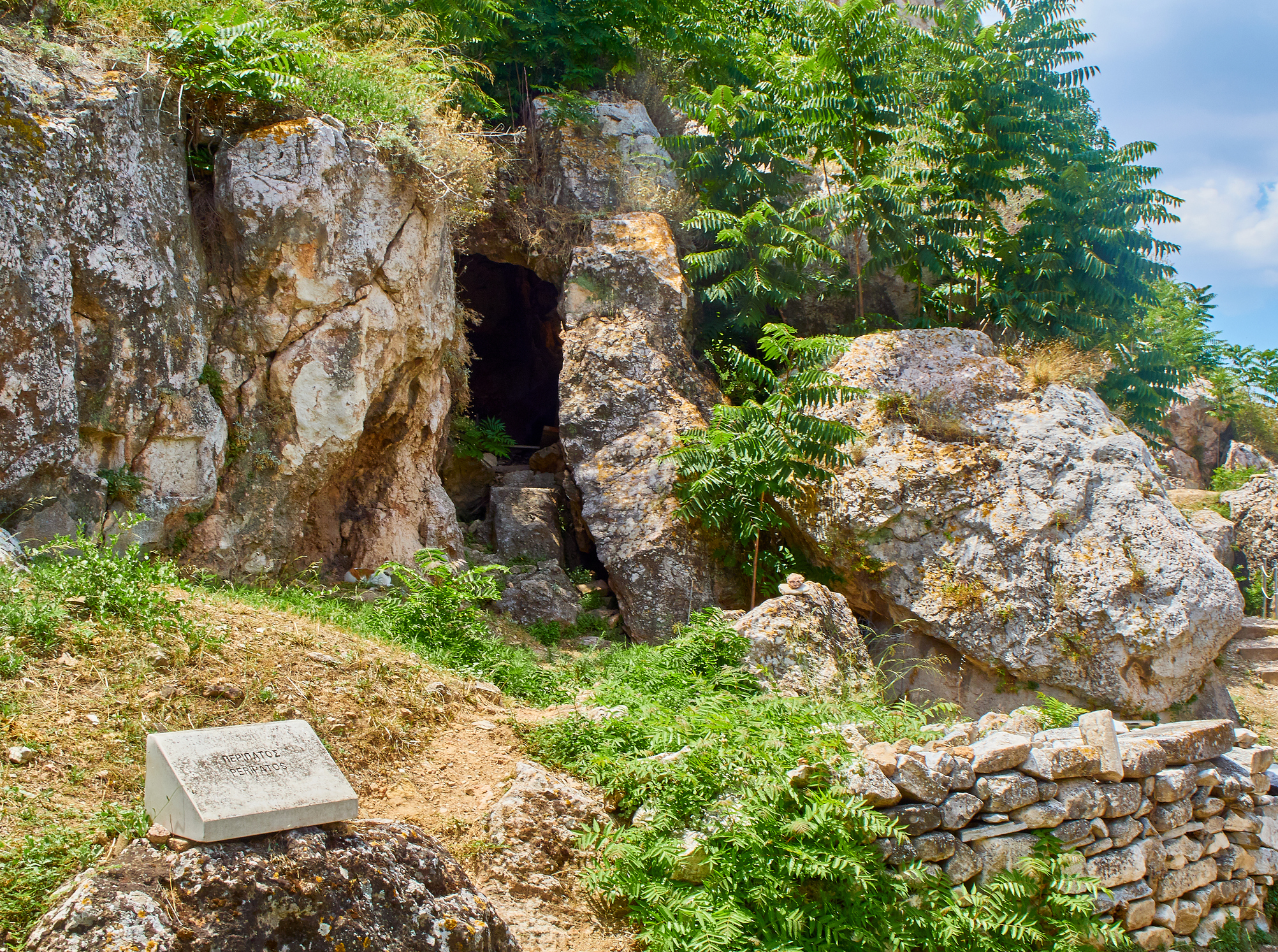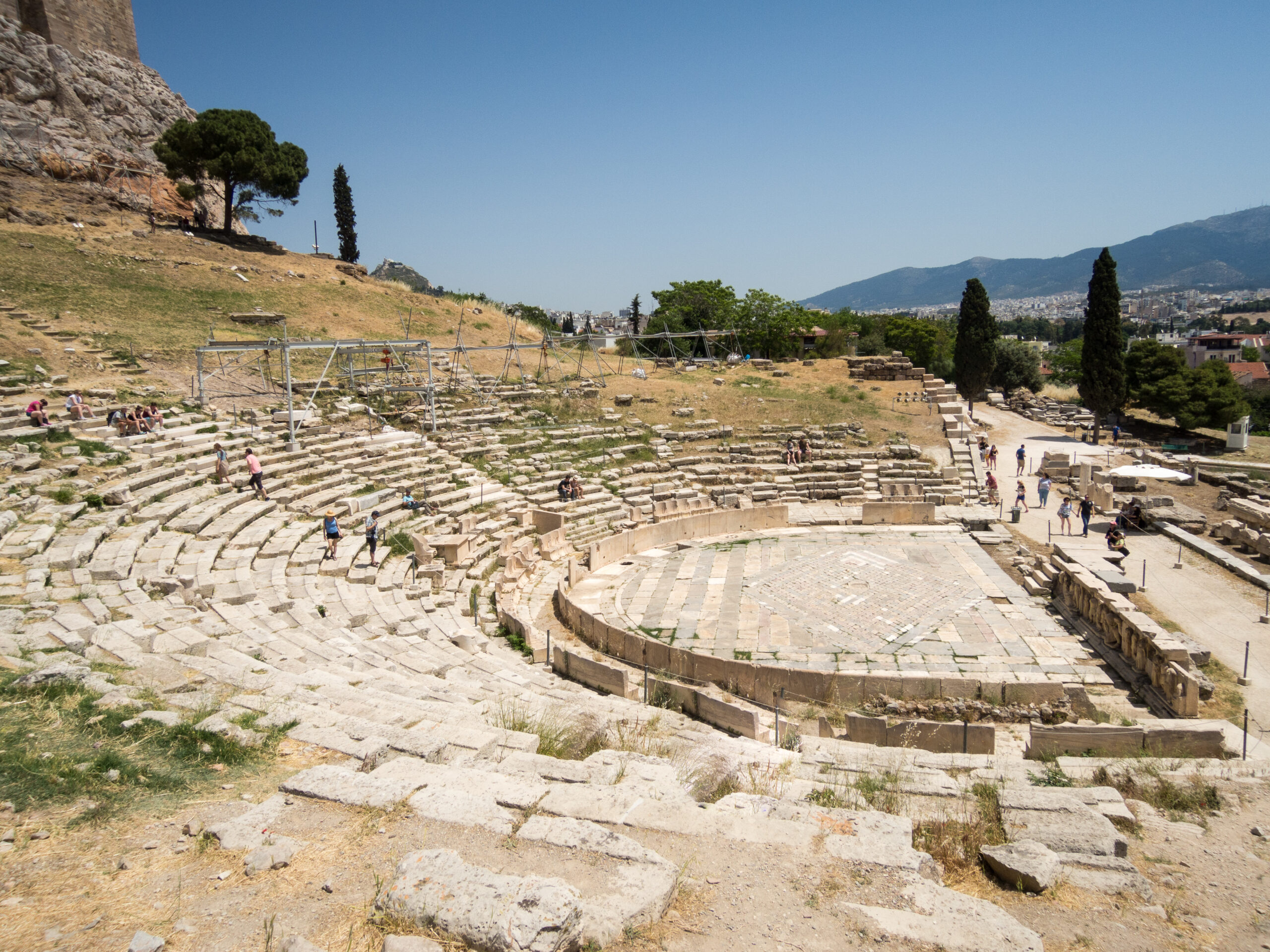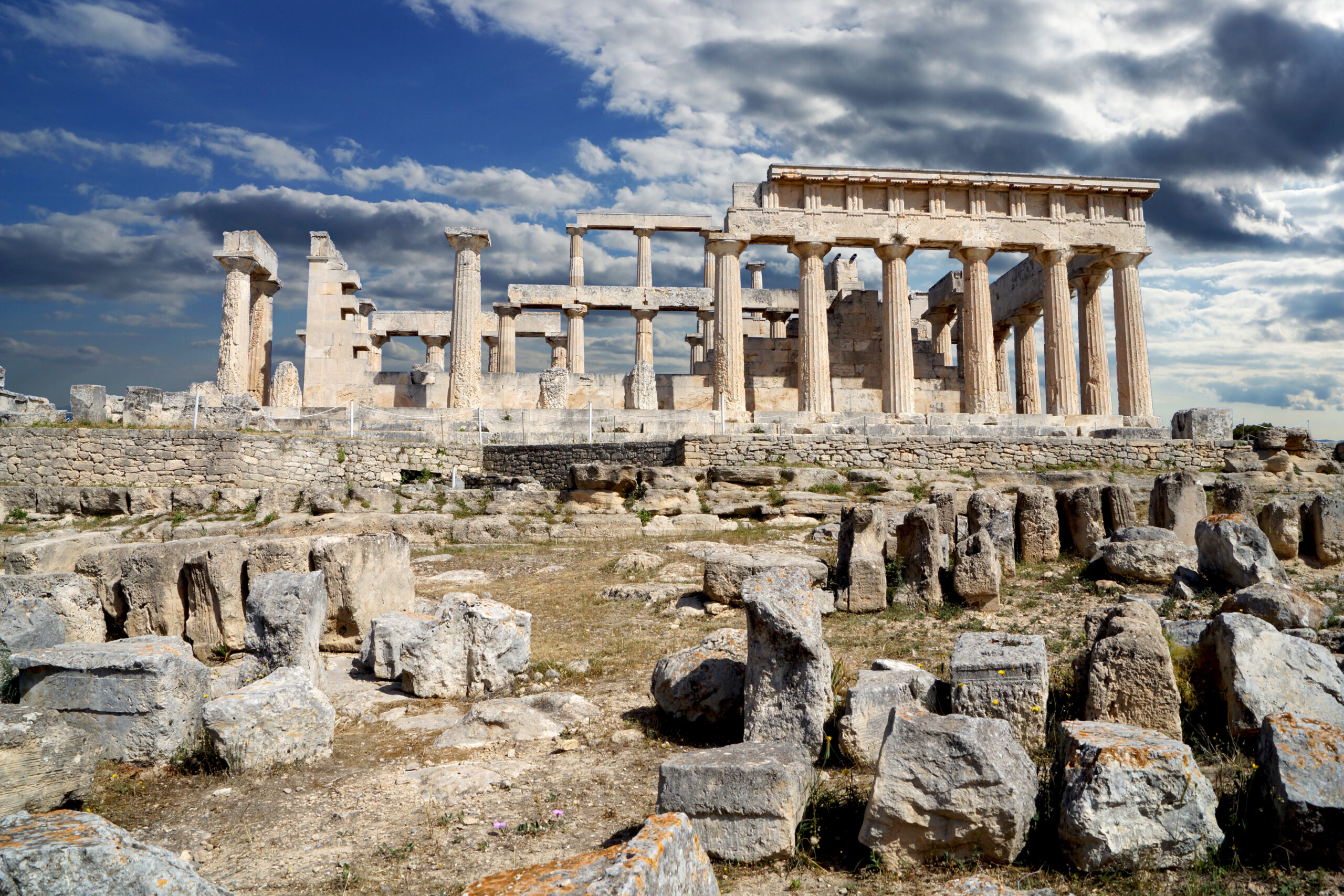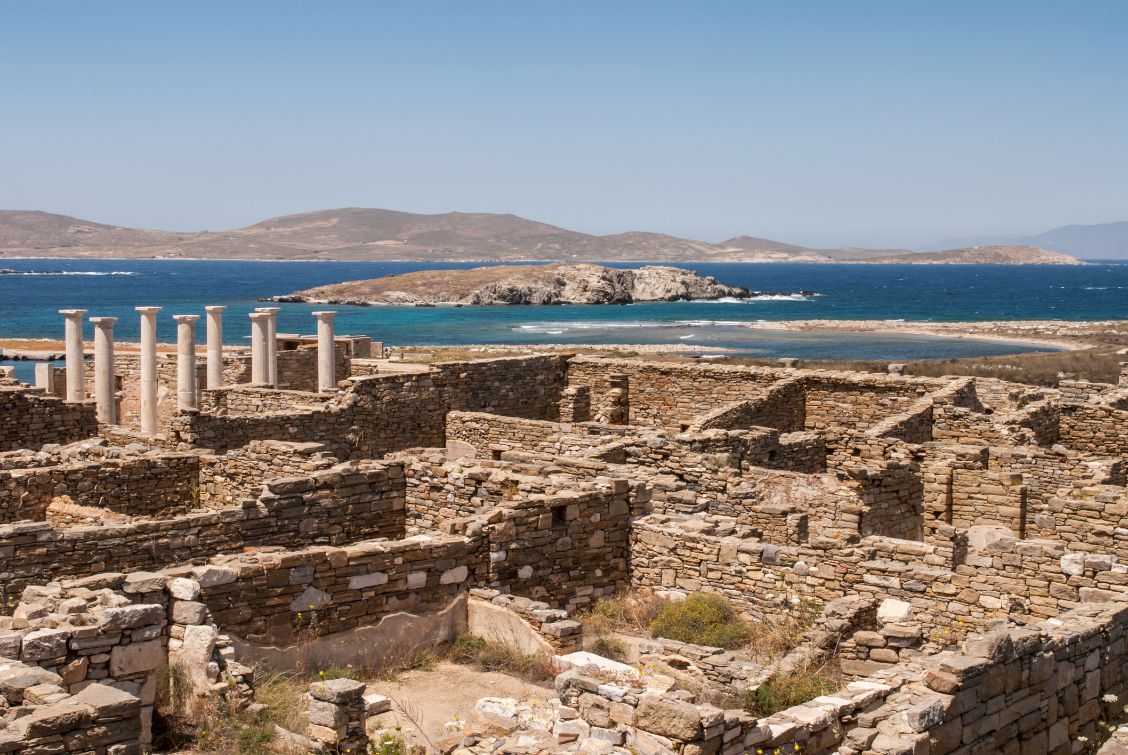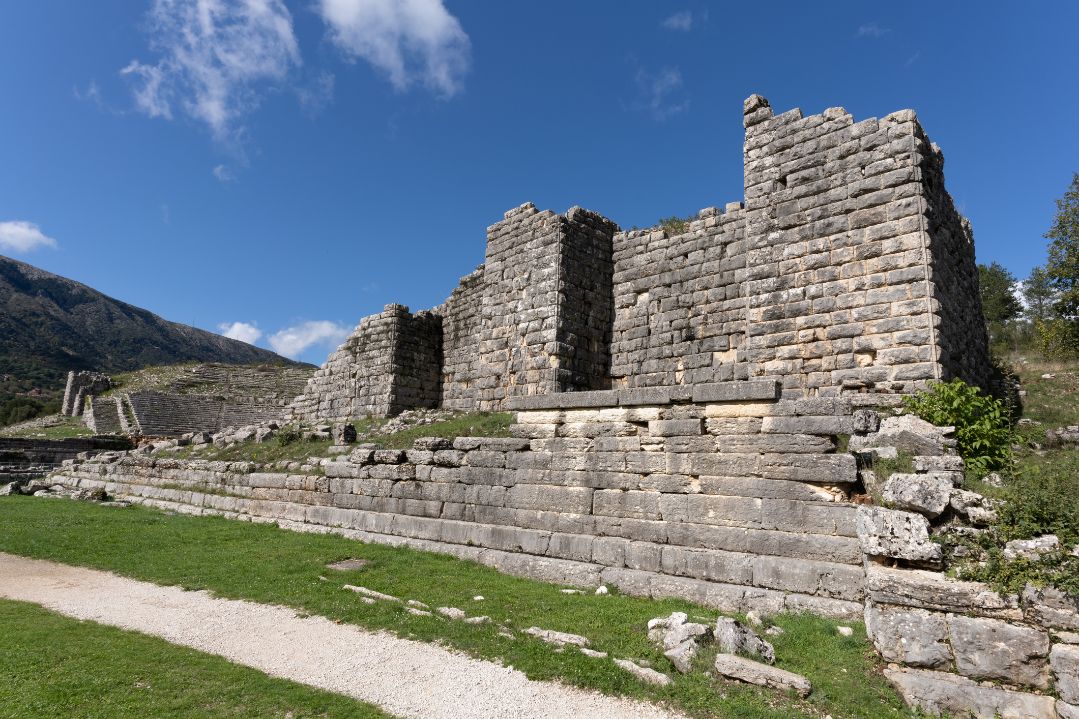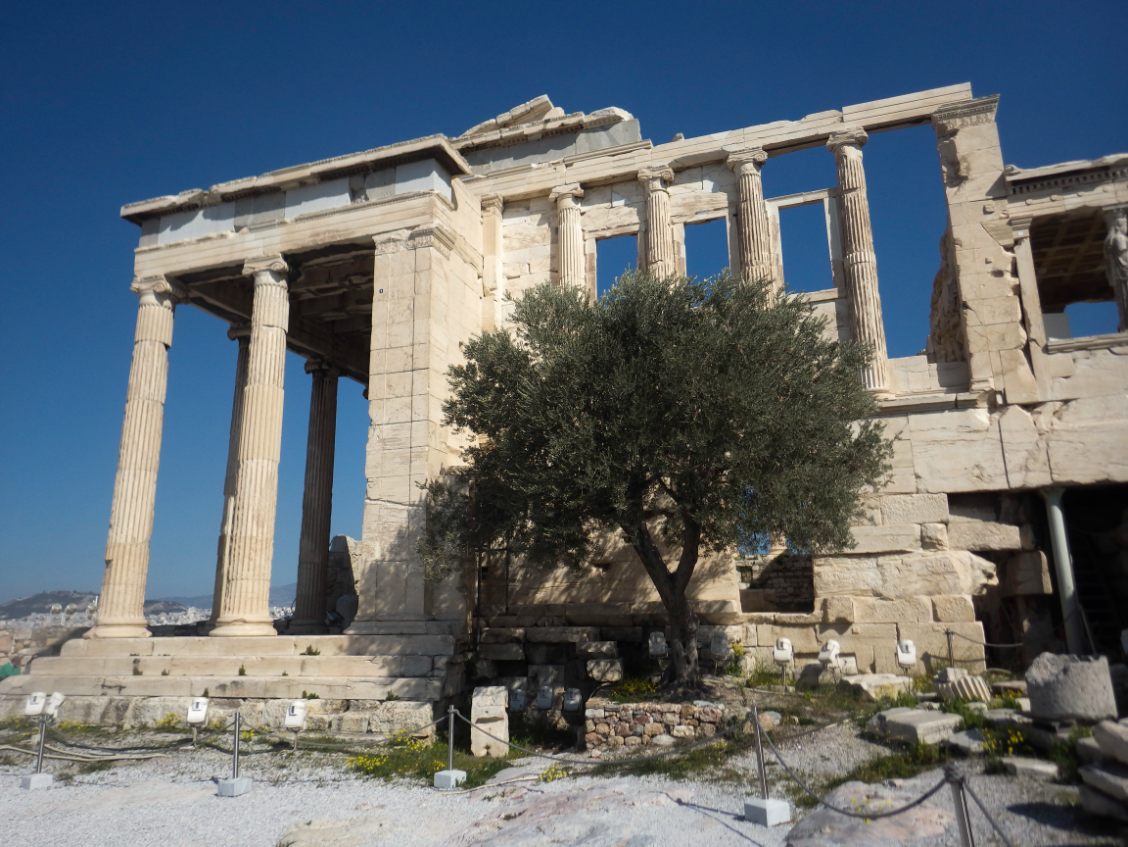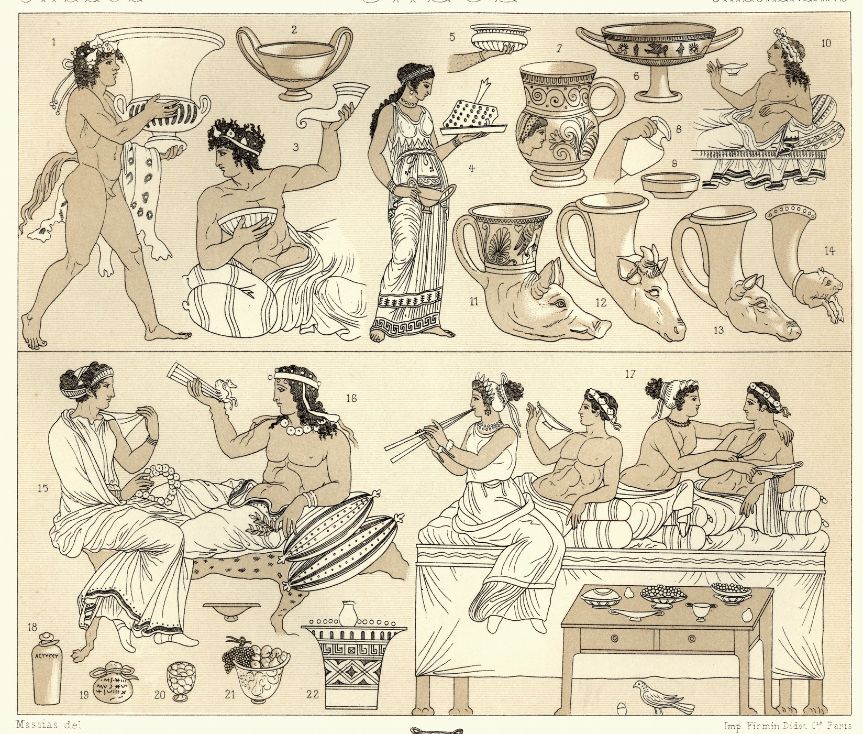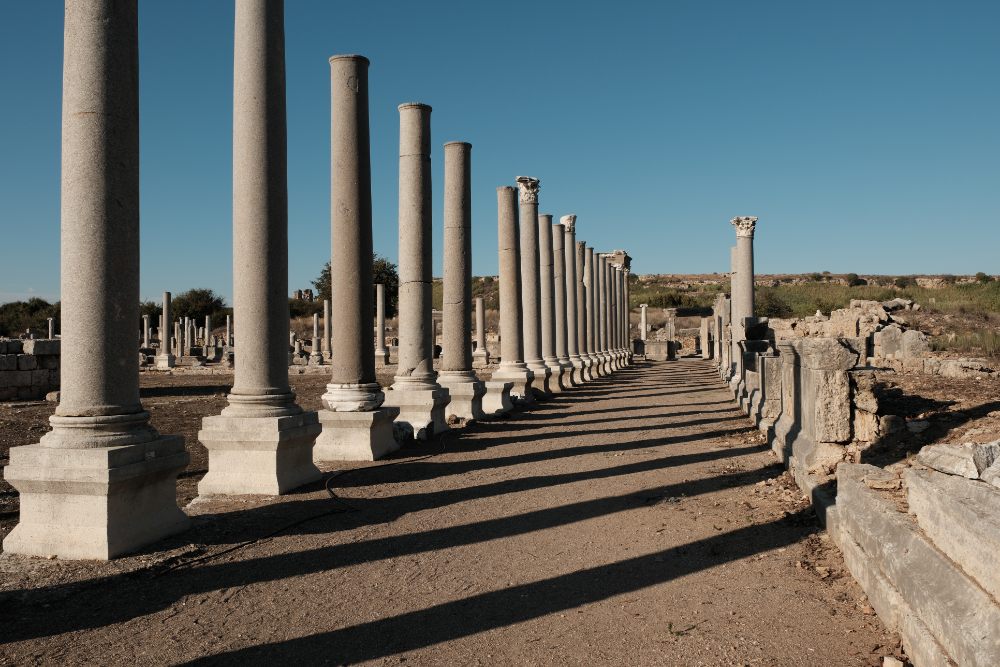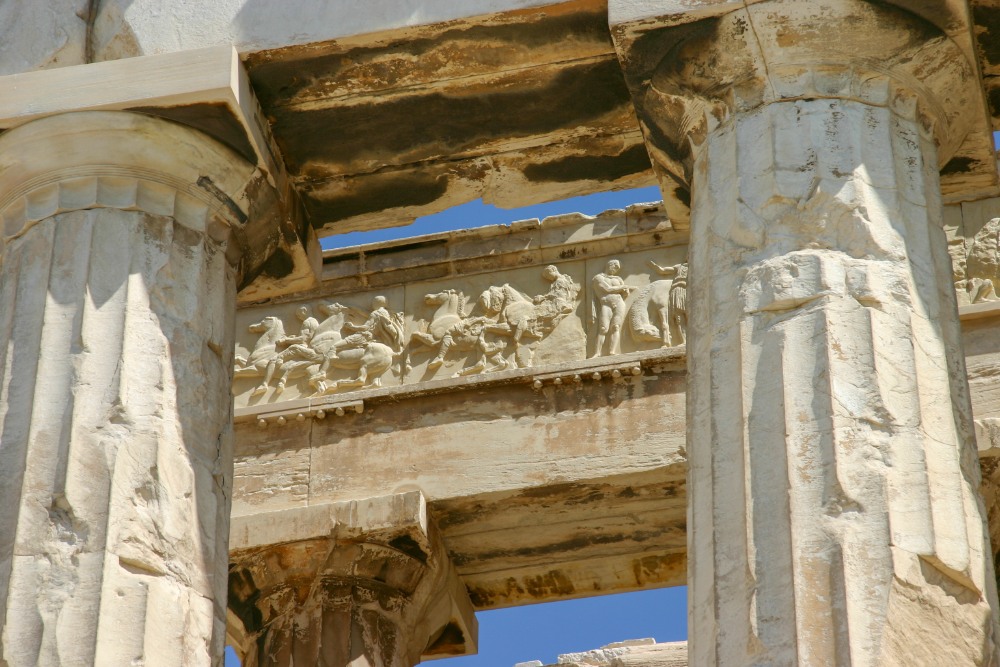The secrets of the Olympian Archive
The Olympian Archive, known in ancient Greece as the “Olympieion,” was an important center for the documentation and dissemination of information related to the Olympic Games, held in Olympia. Established to preserve the history, results, and rituals of the ancient Olympics, the archive played a vital role in celebrating the cultural and athletic achievements of Greek city-states. It housed records of the victors, detailed accounts of the games, and the religious ceremonies associated with the festival, all of which contributed to the rich tapestry of Hellenic tradition.
The archive was believed to be located near the Temple of Zeus, where the famous statue of Zeus, one of the Seven Wonders of the Ancient World, was housed. This proximity underscored the cultural and religious significance of the Olympic Games, which were not merely athletic competitions, but also major religious festivals dedicated to Zeus. The Olympian Archive served as a repository of knowledge, where inscriptions on stone and other records chronicled the names of winners, the events held, and various rituals performed, thus forming a historical account of the games that spanned centuries.
Unfortunately, much of this knowledge faded following the decline of the ancient games and the eventual discontinuation of the Olympic tradition in 393 by Emperor Theodosius I. Despite its historical loss, the legacy of the Olympian Archive remains significant in understanding the importance of the Olympic Games in ancient Greek society, highlighting their role in fostering unity, competition, and cultural pride across the Hellenic world.




